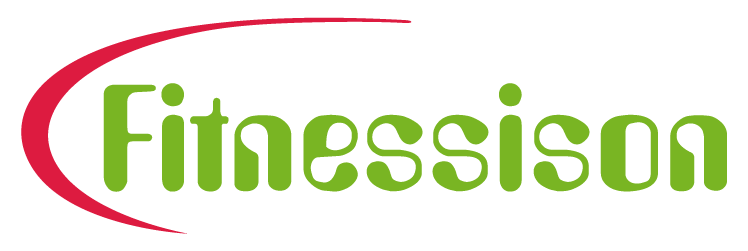Living with a disability often comes with unique challenges that can affect every aspect of life. From home to school, work, and community involvement, individuals may encounter hurdles that can feel overwhelming without tailored support.
That’s where disability support services come into the picture, offering tools and resources that empower individuals to overcome those challenges. But are they really worth it? This article will break it down to help you understand their value across several key areas.
Accessibility and Accommodations
Barriers in everyday life can restrict opportunities, but tailored accommodations can help remove these obstacles. Disability support services are designed to create environments where everyone has equal access to opportunities, whether it’s in education, workspaces, or public spaces.
For instance, accommodations might include providing assistive technologies, such as screen readers for the visually impaired, or organizing spaces to ensure physical accessibility for individuals with mobility aids. These modifications level the playing field, allowing individuals with disabilities to participate fully in their chosen activities and achieve their potential without being held back by unnecessary limitations.
Think about reduced anxiety during an exam because of extended time, or having workspaces designed to accommodate assistive devices. These accommodations aren’t just about convenience; they’re about empowerment. For many, they open doors previously out of reach.
Disability services delivered through platforms like Mable ensure these accommodations are carefully tailored to specific needs, creating a more inclusive path forward.
Advancing in Education and Careers
Education is a foundational aspect of personal growth, and for individuals with disabilities, this foundation might require extra reinforcement. Disability support services often provide tools and strategies to help students excel academically.
This might include tutoring, customized lesson plans, or specialized educational technologies that make learning more accessible and engaging. But the value of these services extends beyond academics. When entering the workforce, individuals may receive career counseling or job placement assistance.
With guidance to highlight their strengths and showcase their talents, individuals with disabilities can make informed career decisions and secure meaningful employment. From resume assistance to interview coaching, these services guide individuals toward their professional aspirations with confidence.
Personal Growth and Mental Well-Being
Navigating life with a disability can sometimes affect mental health and overall well-being. That’s why disability support services often include counseling and mental health resources to help address these challenges proactively.
For instance, counseling can provide emotional support, help build coping mechanisms, and encourage self-advocacy. Supporting mental health is equally about fostering independence and allowing individuals to take control of their lives.
Many providers aim to build confidence through resources and training in areas such as communication, self-care, and financial management.
Community and Social Support
Isolation can be a significant issue for individuals with disabilities, but a strong sense of community can make all the difference. Social activities, mentorship opportunities, and peer support groups play a pivotal role in fostering relationships and building an inclusive environment.
Disability support services often organize inclusive social events, bringing people together in comfortable spaces. These activities, whether they’re workshops, coffee mornings, or hobby groups, encourage meaningful interactions and help develop lifelong friendships.
Mentorship programs add another layer by connecting individuals with experienced peers who can provide guidance and encouragement. Being part of a community fosters a sense of belonging. It shifts the conversation from focusing on limitations to celebrating abilities.


